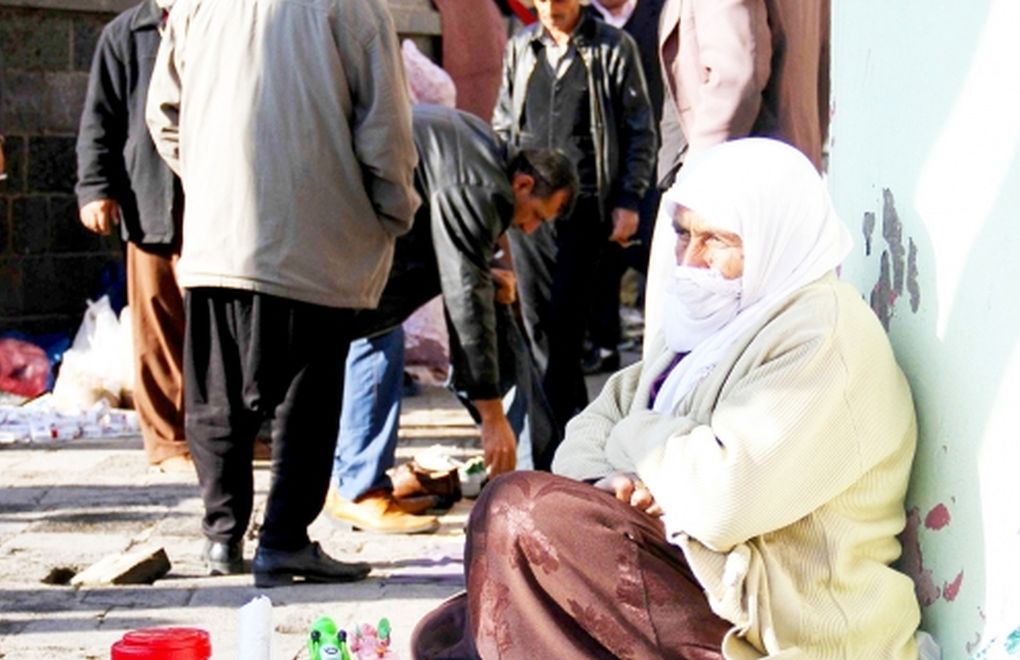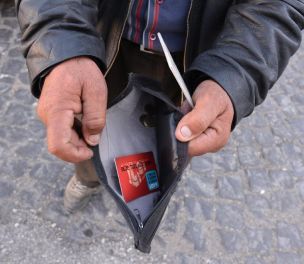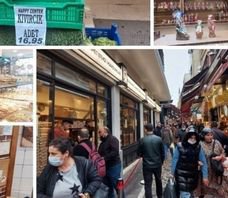* Photo: Dünya newspaper
Click to read the article in Turkish / Kurdish
The poorest provinces and the housing types of poor people have been shared in a recent article published in the "Statistical Research Journal" of the state agency Turkish Statistical Institute (TurkStat).
According to the article "Determining the Factors Affecting Household Poverty in Turkey" co-written by TurkStat specialist Onur Şentürk and Assoc. Prof. Nuri Çelik from Gebze Technical University, 70.8 percent of the poor live in detached houses in Turkey.
As reported by Cumhuriyet newspaper, the highest rate of poor households in Turkey are in the southeastern provinces of Diyarbakır and Urfa with 16 percent; the lowest rate of poor households are in the Black Sea provinces of Zonguldak, Karabük and Bartın.
The data shared in the article has also shown that 70.8 percent of poor households dwell in detached houses, 15.1 percent dwell in buildings with less than 10 apartments, 9.4 percent live in buildings with over 10 apartments and 4.6 percent dwell in twin or terraced houses.
'The poor can hardly meet their expenses'
The study has also shared information about how the poor make their necessary expenditures. 65.5 percent say that they hardly meet their expenditures in general while 33.7 percent say that it is neither easy nor hard and only 0.8 percent can easily make the necessary expenditures.
While 60.3 percent of poor households consist of four or more people, 18.6 percent have three and four members, 12.3 percent have a single member and 8.8 percent of poor households have two people.
Poor people's houses 'over 50 years old'
One of the details cited in the journal has been the age analysis of the houses where the poor reside.
According to the article, while the houses of 48.7 percent of the poor are aged 20-49, those of 21.6 percent are aged between 10 and 19. While 15.5 percent of the poor dwell in buildings that are at or over the age of 50, 14.2 percent of the houses are new, namely aged 0-9.
The survey has also shown that 74.7 percent of poor households see air pollution, environmental pollution, dust, dirty water or other environmental problems in their environment; no such problems are observed in the environments of 25.3 percent of poor households.
Poverty according to TurkStat
According to TurkStat, poverty is people's inability to meet their basic needs. The notion of poverty is considered in two ways. Poverty in the narrow sense: Starvation and deprivation of housing. Poverty in the broad sense: Lagging behind the general level of one's surroundings despite being able to afford basic needs to survive such as food, clothing and shelter.
On the other hand, according to the Confederation of Turkish Trade Unions (TurkStat), the starvation line is 4,928 Turkish Lira (TRY) while the poverty line is 16,052 TRY in Turkey in March. (RT/SD)







